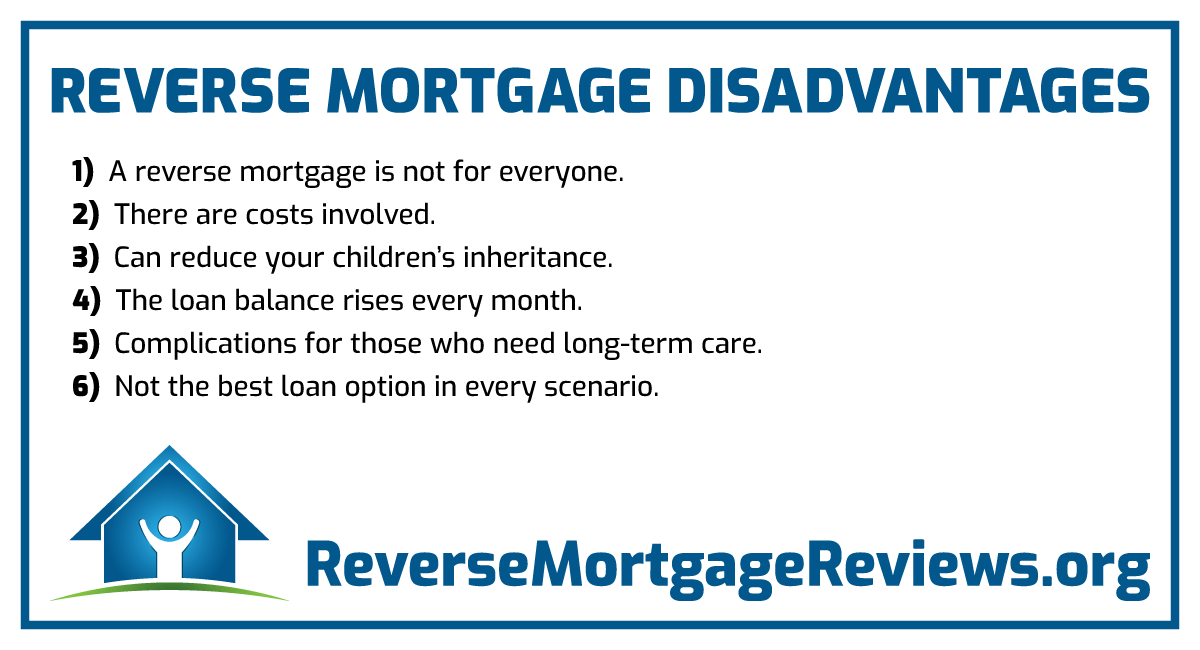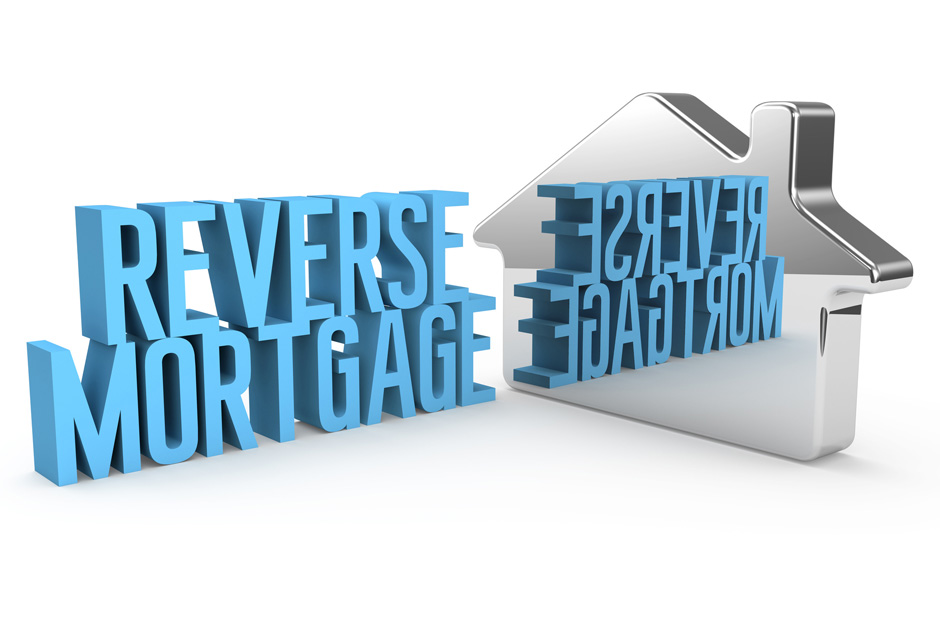Can You Purchase Reverse Mortgage as Part of Your Financial Strategy?
Can You Purchase Reverse Mortgage as Part of Your Financial Strategy?
Blog Article
Empower Your Retirement: The Smart Way to Acquisition a Reverse Mortgage
As retirement strategies, numerous people seek efficient strategies to enhance their monetary freedom and health. Among these approaches, a reverse mortgage arises as a viable choice for homeowners aged 62 and older, permitting them to tap into their home equity without the requirement of month-to-month repayments.
Recognizing Reverse Home Mortgages
Understanding reverse mortgages can be crucial for homeowners seeking monetary versatility in retirement. A reverse home loan is a monetary product that enables eligible property owners, usually aged 62 and older, to convert a part of their home equity into cash. Unlike traditional mortgages, where borrowers make monthly settlements to a lending institution, reverse mortgages make it possible for home owners to obtain repayments or a round figure while retaining possession of their residential property.
The amount available via a reverse home mortgage depends upon several factors, consisting of the house owner's age, the home's value, and current rate of interest. Importantly, the car loan does not need to be settled up until the homeowner markets the home, vacates, or passes away.
It is crucial for prospective borrowers to recognize the ramifications of this financial item, including the influence on estate inheritance, tax considerations, and recurring obligations related to property upkeep, taxes, and insurance. Furthermore, counseling sessions with certified experts are frequently called for to make sure that customers totally understand the terms and conditions of the loan. In general, a thorough understanding of reverse home mortgages can encourage property owners to make informed choices about their monetary future in retirement.
Advantages of a Reverse Mortgage
A reverse home mortgage provides numerous engaging benefits for eligible home owners, particularly those in retired life. This economic tool enables elders to transform a portion of their home equity into money, giving vital funds without the requirement for month-to-month home mortgage payments. The cash acquired can be made use of for various purposes, such as covering medical costs, making home enhancements, or supplementing retired life revenue, thus enhancing general monetary adaptability.
One substantial benefit of a reverse mortgage is that it does not require payment up until the home owner leaves, offers the home, or dies - purchase reverse mortgage. This attribute enables retirees to maintain their lifestyle and meet unexpected expenses without the problem of month-to-month settlements. In addition, the funds received are usually tax-free, enabling home owners to use their money without concern of tax obligation effects
In addition, a reverse mortgage can provide satisfaction, understanding that it can function as an economic safety and security web throughout difficult times. Home owners also retain ownership of their homes, ensuring they can proceed staying in an acquainted setting. Inevitably, a reverse mortgage can be a calculated funds, equipping senior citizens to handle their funds successfully while enjoying their gold years.
The Application Process
Navigating the application procedure for a reverse home loan is an important step for homeowners considering this economic choice. The first phase includes assessing qualification, which normally needs the homeowner to be at the very least 62 years of ages, own the property outright or have a low home mortgage balance, and inhabit the home hop over to these guys as their primary home.
Once qualification is verified, homeowners have to go through a therapy session with a HUD-approved counselor. This session ensures that they completely understand the effects of a reverse home loan, including the duties included. purchase reverse mortgage. After completing counseling, candidates can proceed to gather essential paperwork, including evidence of earnings, assets, and the home's worth
The following action involves submitting an application to a lender, who will certainly analyze the economic and home certifications. An appraisal of the home will certainly likewise be carried out to determine its market worth. If accepted, the loan provider will present finance terms, which must be evaluated thoroughly.
Upon approval, the closing process follows, where final files are signed, and funds are disbursed. Recognizing each phase of this application procedure can dramatically improve the home owner's confidence and decision-making concerning reverse mortgages.

Trick Considerations Before Investing In
Buying a reverse mortgage is a substantial monetary decision that requires careful factor to consider of numerous crucial elements. First, understanding your qualification is vital. Homeowners must go to least 62 years old, and the home must be their key home. Assessing your financial demands and goals is equally vital; identify whether a reverse mortgage lines up with your long-term strategies.

A reverse home mortgage can influence your qualification for specific government benefits, such as Medicaid. By thoroughly assessing these considerations, you can make a more informed choice concerning whether a reverse home mortgage is the appropriate economic approach for your retired life.
Making the Many of Your Funds
As soon as you have secured a reverse mortgage, effectively taking care of the funds comes to be a concern. The adaptability of a reverse home loan enables house owners to use the funds internet in different methods, but strategic planning is necessary to optimize their advantages.
One vital approach is to develop a spending plan that describes your regular monthly expenditures and economic goals. By recognizing needed costs such as healthcare, property tax obligations, and home maintenance, you can allot funds appropriately to guarantee long-term sustainability. In addition, think about using a part of the funds for investments that can create earnings or appreciate gradually, such as mutual funds or dividend-paying stocks.
Another crucial aspect is to keep an emergency fund. Establishing aside a book from your reverse home loan can aid cover unexpected expenses, giving comfort and monetary security. Furthermore, seek advice from with an economic advisor to check out feasible tax obligation implications and how to integrate reverse home loan funds right into your total retirement technique.
Ultimately, prudent administration of reverse home mortgage funds can enhance your financial safety, permitting you to appreciate your retired life years without the tension of monetary uncertainty. Cautious planning and notified decision-making will certainly make sure that your funds function successfully for you.
Final Thought
In conclusion, a reverse mortgage provides a practical monetary approach for seniors seeking to boost their retirement experience. By transforming home equity into accessible funds, people can address crucial costs and safe and secure extra economic resources without sustaining monthly repayments.
Recognizing reverse mortgages can be essential for home owners seeking monetary flexibility in retirement. A reverse home mortgage is a financial product that enables qualified homeowners, normally aged 62 and older, to transform a portion of their home equity right into cash money. Unlike traditional home loans, where consumers make monthly payments to a lending institution, reverse mortgages allow home owners to receive payments or a lump amount while preserving ownership next page of their property.
Overall, an extensive understanding of reverse home loans can equip house owners to make enlightened choices concerning their economic future in retired life.
Seek advice from with a monetary consultant to check out possible tax implications and how to incorporate reverse home mortgage funds right into your general retirement technique.
Report this page